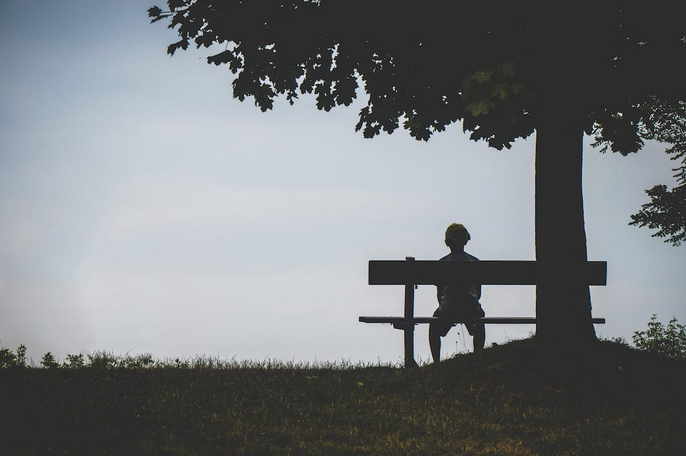The Adverse Effects of Social Isolation on Mental HealthThe Adverse Effects of Social Isolation on Mental Health
Did you know that social isolation can have a negative impact on mental health? In fact, research has shown that lack of social interaction can lead to several side effects, including depression, anxiety, and even suicide. With the right measurement tools in research, we’ve compiled and summarized some negative effects of social isolation. Also, awareness of the risks associated with social isolation and taking steps to combat its effects are necessary. But it’s more than just that. Let’s explore the dangers of social isolation further and discuss ways to maintain healthy social relationships.
Feelings of Loneliness and Depression
Loneliness is a feeling of sadness or isolation brought on by a lack of close relationships. And it’s not just an emotional response – studies have shown that loneliness can also have detrimental effects on physical health. Loneliness has been linked to an increased risk of high blood pressure, heart disease, and even Alzheimer’s disease. In terms of mental health, loneliness can cause or worsen feelings of depression. In fact, research has shown that socially isolated individuals are more likely to experience symptoms of depression, such as low self-esteem and negative thinking.
Anxiety and Panic Attacks
Anxiety is a normal response to stress, but it can become problematic when it starts to interfere with daily life. For socially isolated people, anxiety can be a constant companion. Studies have shown that social isolation is associated with an increased risk of anxiety disorders, such as generalized anxiety disorder and social anxiety disorder. And when left unchecked, anxiety can lead to panic attacks – episodes of intense fear or apprehension that can come on suddenly and without warning.

Increased Risk of Schizophrenia and Bipolar Disorder
While social isolation doesn’t cause mental illness, it can play a role in its development. Studies have shown that socially isolated people are at an increased risk of developing schizophrenia and bipolar disorder. And while there is no single cause of either condition, social isolation is thought to be a contributing factor. As a matter of fact, one study found that people with schizophrenia who had little social interaction were more likely to experience symptoms of the disorder, such as delusions and hallucinations.
Cognitive Decline
Cognitive decline is a normal part of aging, but social isolation can speed up the process. Studies have shown that socially isolated individuals are more likely to experience cognitive decline and memory problems than those who are not isolated. And while the exact mechanism is not fully understood, it is thought that social isolation can lead to changes in brain structure and function.
So what’s the bottom line? Social isolation can have a negative impact on mental health. If you’re feeling lonely or isolated, you must reach out to friends, family, or a mental health professional. And if you know someone socially isolated, take the time to connect with them. A little bit of social interaction can go a long way.…

